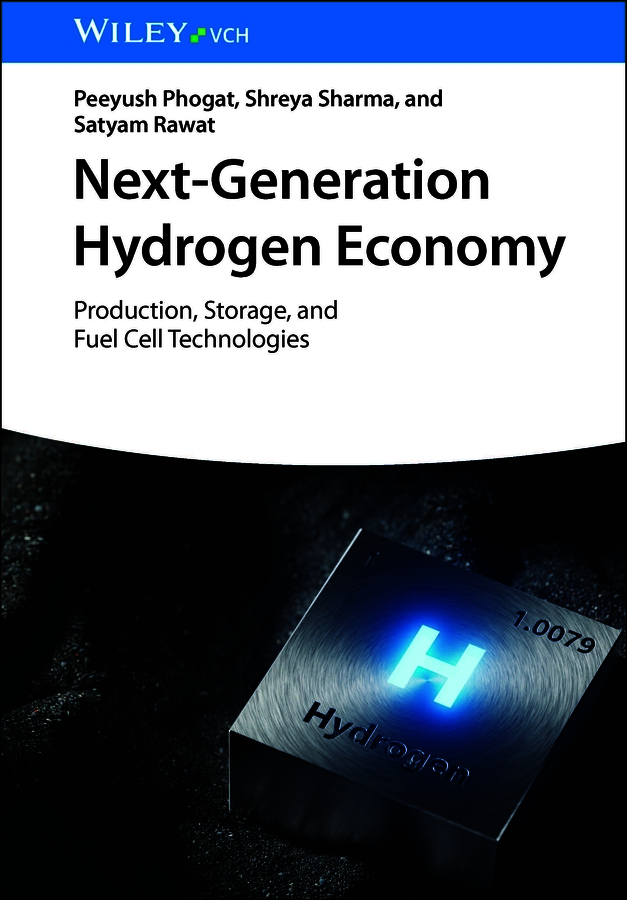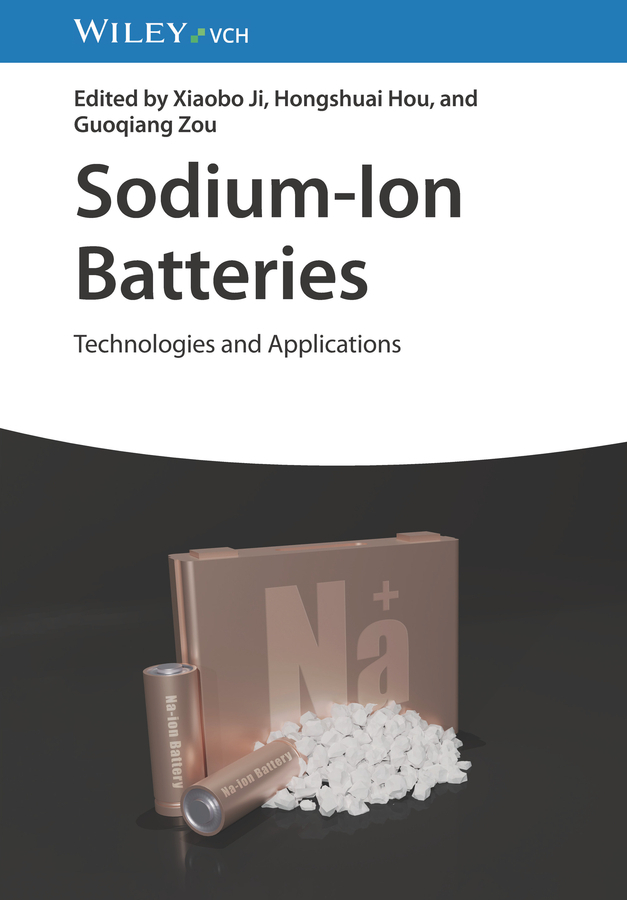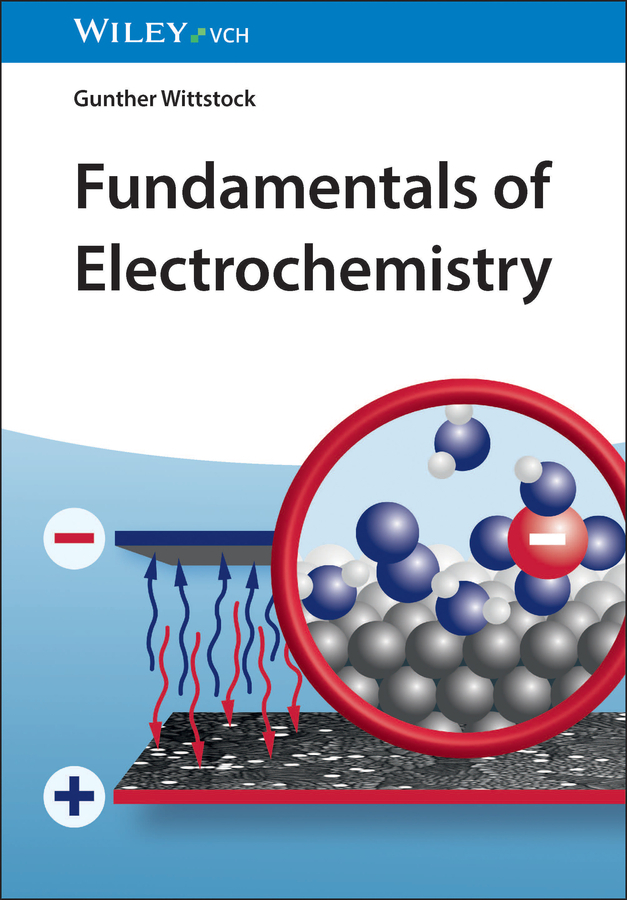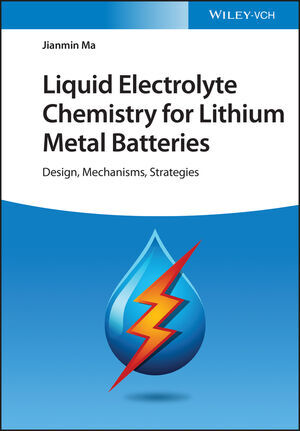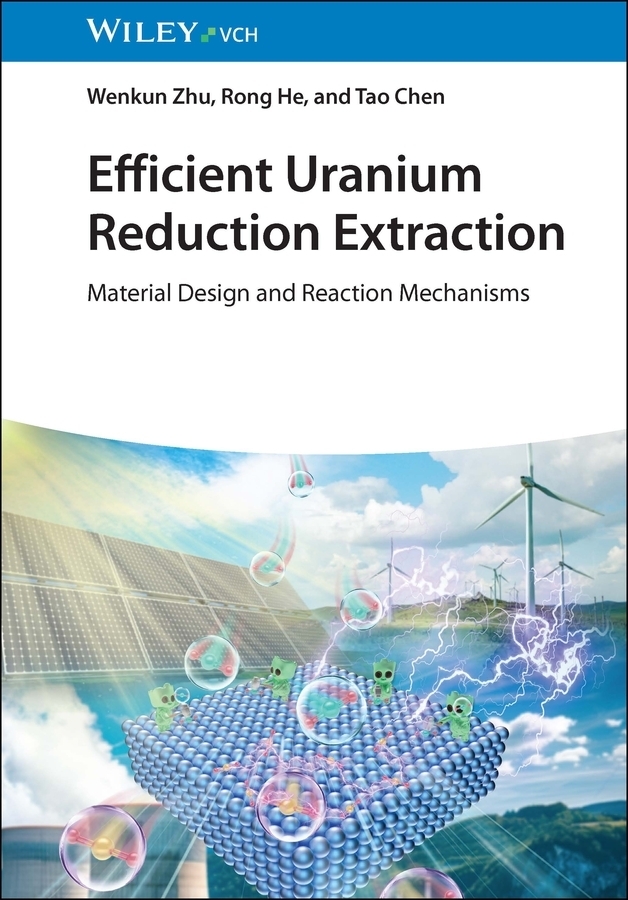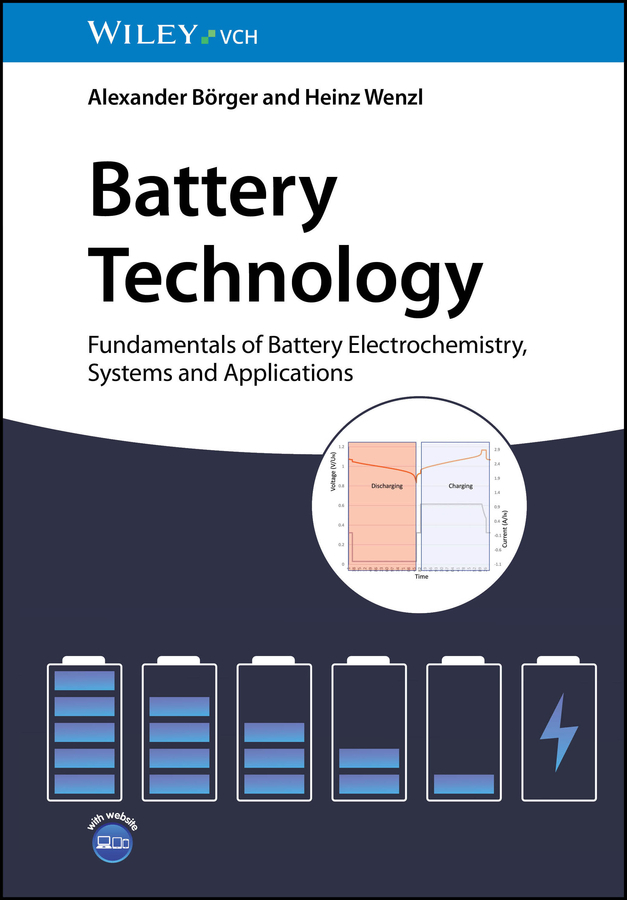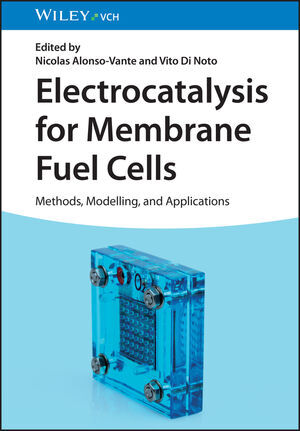Next-Generation Hydrogen Economy
Production, Storage, and Fuel Cell Technologies
This book offers a thorough exploration of hydrogen technologies, emphasizing their production, storage, and fuel cell applications. It delves into innovative hydrogen generation methods, including electrolysis, photocatalysis, and biological techniques. Additionally, it covers advanced storage solutions such as metal hydrides, MOFs, LOHCs, and cryogenic storage, and details how hydrogen can be integrated into fuel cells for use in transportation, industry, and grid applications. By bridging the gap between fundamental hydrogen science and practical applications, the book incorporates insights from material science, engineering, and policy-making to provide a comprehensive view of hydrogen?s role in the global energy transition.
Chapter 01. The Hydrogen Paradigm ? Past, Present, and Future
Chapter 01. The Hydrogen Paradigm ? Past, Present, and Future
1.1. Introduction to Hydrogen as an Energy Carrier
1.2. Evolution of Hydrogen as an Energy Carrier
1.3. Why Hydrogen? Comparison with Fossil Fuels and Renewables
1.4. Current Global Hydrogen Economy and Future Roadmaps
1.5. Key Challenges in Hydrogen Adoption and Infrastructure Development
Chapter 02. Innovative Hydrogen Production Technologies
2.1. Introduction to Hydrogen Production Technologies
2.2. Electrolysis: Advances in PEM, Alkaline, and Solid Oxide Electrolysis
2.3. Photocatalysis and Photoelectrochemical Water Splitting: Harnessing Solar Energy for Green Hydrogen
2.4. Thermochemical and Hybrid Processes: Sulfur-Iodine Cycle, Metal Oxide Cycles
2.5. Biological Hydrogen Production: Algae, Bacteria, and Enzymatic Hydrogen Production
2.6. Comparative Analysis of Hydrogen Production Methods
2.7. Summary and Future Directions
Chapter 03. Advanced Materials for Hydrogen Production
3.1. Introduction to Advanced Materials for Hydrogen Production
3.2. High-Performance Catalysts for Electrolysis
3.3. Nanomaterials and Composites for Enhanced Hydrogen Production
3.4. Durability and Degradation Challenges in Catalyst Materials (New Section Added)
3.5. Cost-Effective and Non-Precious Metal Alternatives
3.6. Role of AI and Machine Learning in Material Discovery
3.7. Summary and Future Directions
Chapter 04. Hydrogen Storage ? Challenges and Breakthroughs
4.1. Introduction to Hydrogen Storage
4.2. Physical Hydrogen Storage
4.3. Chemical Hydrogen Storage
4.4. Solid-State Hydrogen Storage
4.5. Safety Considerations and Risk Assessment in Hydrogen Storage
4.6. Future Directions in Hydrogen Storage
4.7. Summary and Future Perspectives
Chapter 05. The Future of Hydrogen ? Challenges, Innovations, and Sustainability
5.1. Overview of Hydrogen Fuel Cells
5.2. Types of Hydrogen Fuel Cells
5.3. Mechanisms of Hydrogen Fuel Cells
5.4. Fuel Cell Components and Design
5.5. Fuel Cell Durability and Lifetime
5.6. Applications of Hydrogen Fuel Cells
5.7. Recent Advances and Research in Fuel Cell Technology
5.8. Environmental Impact and Sustainability of Hydrogen Fuel Cells
5.9. Challenges and Future Prospects
5.10. Conclusion
Chapter 06. Hydrogen-Powered Transportation and Industrial Applications
6.1. Introduction
6.2. Hydrogen in Transportation Sector
6.3. Hydrogen Refueling Infrastructure: Current Progress and Challenges
6.4. Hydrogen in Industrial Applications
6.5. Key Technological and Economic Drivers for Hydrogen in Transportation and Industry
6.6. Environmental Impacts and Sustainability of Hydrogen in Transportation and Industry
6.7. Case Studies: Global Adoption of Hydrogen in Transportation and Industry
6.8. The Future Outlook for Hydrogen in Transportation and Industry
6.9. Conclusion
Chapter 07. Economics, Infrastructure, and Policy of Hydrogen Energy
7.1. Introduction
7.2. Economic Analysis of Hydrogen Production
7.3. Infrastructure Development and Logistics
7.4. Policy and Regulatory Frameworks
7.5. Investment and Financing Strategies
7.6. Emerging Hydrogen Economies: Growth in India, Australia, and South Korea
7.7. Challenges and Barriers to Hydrogen Commercialization
7.8. Case Studies: Leading Hydrogen Initiatives
7.9. The Future of Hydrogen Economics and Policy
7.10. Conclusion
Chapter 08. The Future of Hydrogen ? Challenges, Innovations, and Sustainability
8.1. Introduction
8.2. AI and Data-Driven Optimization in Hydrogen Research
8.3. Next-Gen Hydrogen Technologies
8.4. Hydrogen?s Role in Achieving Net-Zero Carbon Emissions
8.5. Hydrogen-Powered Smart Cities and Off-Grid Applications
8.6. Conclusion and Future Outlook
Chapter 09. Hydrogen Safety, Regulations, and Standardization
9.1.
Phogat, Peeyush
Sharma, Shreya
Rawat, Satyam
| ISBN | 9783527356010 |
|---|---|
| Medientyp | Buch |
| Auflage | 1. Auflage |
| Copyrightjahr | 2025 |
| Verlag | Wiley-VCH |
| Umfang | 384 Seiten |
| Sprache | Englisch |

